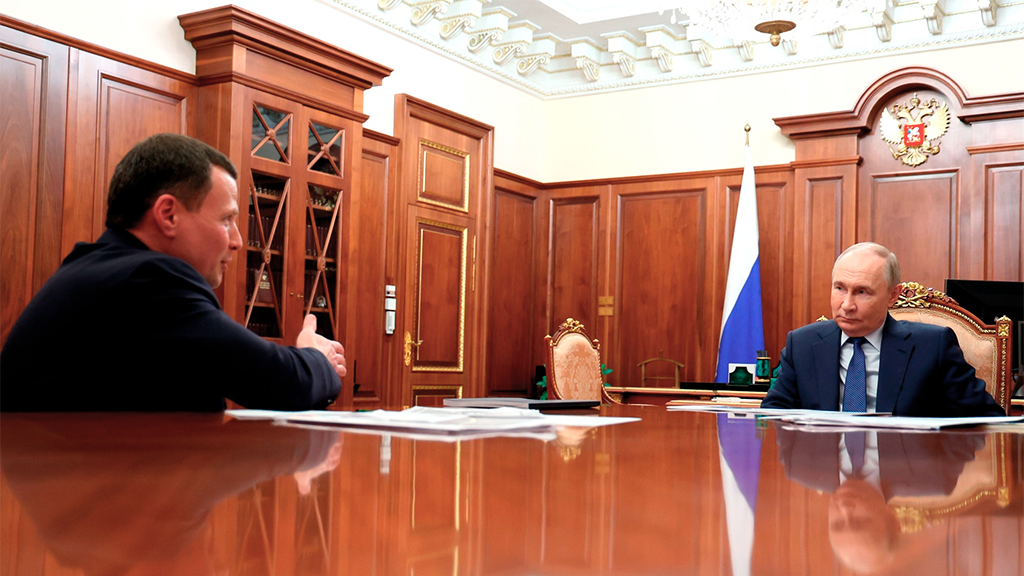Source: www.rucriminal.info
- At the St. Petersburg International Economic Forum, the state corporation RUSNANO traditionally distinguished itself with a series of high-profile agreements. The company agreed to cooperate with Gazprom Neft in the field of small-tonnage chemistry and digitalization of logistics, and also announced a wind energy project with the Ulyanovsk startup Altren.
However, industry experts in the scientific and technical community agree: these initiatives have little chance of being implemented. As the VChK-OGPU Telegram channel and Rucriminal.info found out, an analysis of the declared areas of cooperation shows a surprising pattern: RUSNANO consistently takes on industries in which it has neither the competencies nor the personnel. Thus, the small-tonnage chemistry fund, the creation of which the company announced back in 2019, remained on paper. At the same time, key specialists who could work in this area left the company. RUSNANO's portfolio has never had projects in gas piston power engineering, which did not prevent the signing of the corresponding agreement. Digitalization of logistics is a completely new area for the company, for which there are no technological reserves or experienced teams.
The company's only implemented projects - in wind and solar energy - were initiated under Anatoly Chubais. After his departure and massive layoffs in 2020-2022, these areas were effectively curtailed. The new project with Altren on wind forecasting looks like an attempt to revive old developments, but without the key specialists who previously worked on this topic.
Particular attention is drawn to the negotiations of RUSNANO's management with the governors of the Arkhangelsk and Samara regions. According to sources of the Cheka-OGPU, these meetings were purely ceremonial. "There are no specific projects behind the signed agreements," the source claims. "This is a classic story when both parties must report on the work done at the forum." However, the lack of preparation for such events on the part of regional administrations is surprising. After all, it was possible to at least inquire about the answers to very simple questions: the company's experience, the availability of specialists and material resources.
An analysis of RUSNANO's activities at previous St. Petersburg forums shows depressing dynamics: Of the 47 agreements signed in 2020-2024, not a single one was implemented as stated; 92% of the signed memorandums remained declarations of intent.

High-profile agreements with zero implementation are the company's signature style, which is why RUSNANO's management does not care at all who it lies to: the President of the Russian Federation, governors, or colleagues in state-owned companies. Over five years, the company spent 470 million rubles of budget money on participation in forums, but was unable to translate the signed memorandums into real projects.
Experts note that the situation with RUSNANO is just the tip of the iceberg:
"SPIEF has long since become an expensive platform for demonstrating imaginary activity, while companies spend hundreds of millions on showy activities, while real innovative projects remain without funding."
"The forum has become a mandatory reporting event," says a top manager of one of the state-owned companies. "Management demands 'to bring agreements', and real implementation is the tenth question."
Until the system for assessing the effectiveness of government spending on such events changes (where is the prosecutor's office and the Accounts Chamber?), SPIEF will continue to remain an expensive platform for signing non-binding documents. And real innovations will remain on paper.
Denis Zhirnov
Source: www.rucriminal.info






